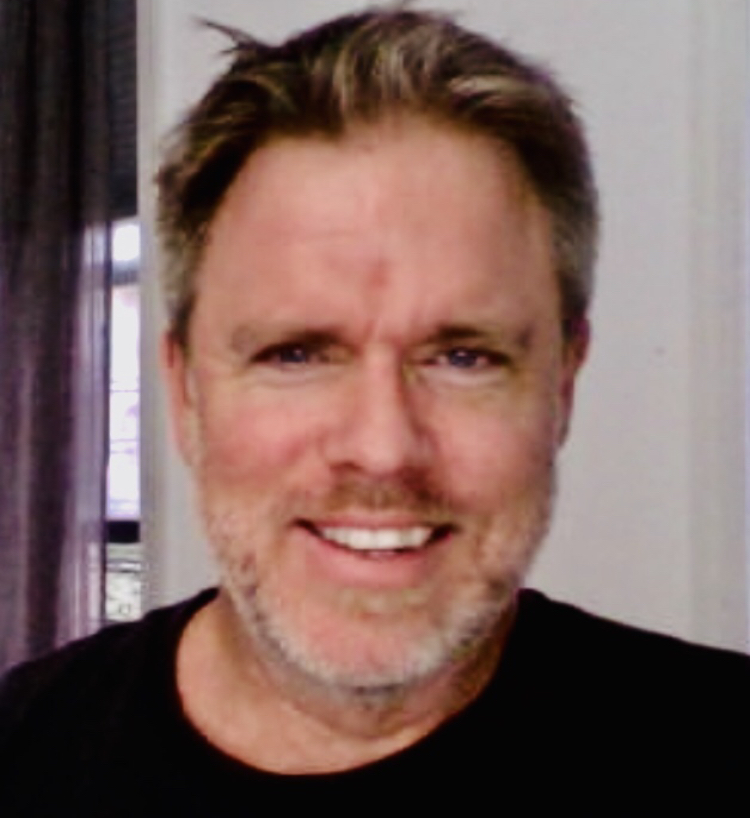Co-authored with Elizabeth Cousens, Ilona Szabo and Giovanna Kuele
Around the world, COVID-19 is accelerating polarization and division. The virus, along with government responses to contain it, are being politicized. A dangerous gap is emerging between politics and science which is pulling at the fabric of our societies. And yet despite this year of monumental social unrest, it turns out that most people – regardless of their origin, gender or age – share common concerns and dreams about the future. Put simply, there is more that brings us together than tears us apart. That’s just one of the take-aways from an unprecedented consultative initiative led by the United Nations earlier this year.
The United Nations just wound-up the world’s largest conversation ever undertaken about the state of the world. The survey was launched as part of the organization’s 75th anniversary commemorating its formation in the aftermath of the Second World War. Between January and August 2020, the United Nations reached out to over a million people in 193 countries to ask them about their biggest worries and best ideas about how to resolve the planet’s intractable challenges. Most respondents expressed grave concerns about climate change and the need cooperation to tackle issues like greenhouse gas emissions, biodiversity loss and the plastic pandemic.
At a time when reactionary nationalism seems to be surging, it turns out that most people want more global collaboration, not less. Almost 9 in 10 respondents to the United Nations survey say that global partnerships are crucial to tackling our biggest challenges like global warming, nuclear proliferation and cyber-crime. Roughly 75 percent of them are convinced that the United Nations should lead the charge. But this appeal comes with a catch. Most people say they want more diverse forms of international action that bring women and girls, young people, minority and indigenous voices, as well as business and urban leaders to the table.
While public support for the United Nations is still going strong in many parts of the world, over half of all respondents feel that the global body is distant from their day-to-day lives. In fact, many people confess that they are not always entirely sure what it does. Although the United Nations Charter begins with the words “we the peoples”, they do not feel especially connected to its mandate or mission. This disconnect makes it easier for cynical politicians to denigrate and disregard the United Nations and other multilateral institutions. And this in turn can fuel precisely the kind of mistrust that imperils our common future.
Given the way most nations have fumbled their response to COVID-19, it perhaps not so surprising that support for the United Nations and multilateral cooperation has grown since the onset of the disease outbreak. Despite withering attacks from the US president, the World Health Organization is still widely respected. The Breton Woods institutions – the World Bank and International Monetary Fund – have performed better than expected providing billions in low-interest credit and grants. The pandemic is a reminder of the need to build more cooperation, not less. It also offers an opportunity to issue a ‘global reset’, and rethink a fairer, more inclusive and greener world.
Most survey respondents feel that climate change is the overwhelming priority for the world and the United Nations in this century. On this, they are far ahead of their national politicians. They are anxious about the consequences of climate change and fearful that conditions are rapidly deteriorating. These findings are echoed in countless scientific studies, as well as the steady increase in extreme weather events, forest fires, melting glaciers and sea level rise. Alongside consensus on tackling climate change is agreement that the United Nations should be more inclusive in how it fosters global cooperation. Across all parts of the world, people are calling for the involvement of more women, youth and vulnerable groups in high-level decision-making.
As the world enters a turbulent and uncertain era, the United Nations survey provides some cautious optimism about the future. Ultimately, most people are preoccupied by the same concerns and share common aspirations. There is also a heartfelt commitment to the basic values of the United Nations, and its mandate to build a more peaceful, prosperous and sustainable world. Delivering on these ambitions depends not just on governments, but on the private sector and civil society. The truth is that making the United Nations and our governments more accountable to “we the peoples” depends on each of us.


